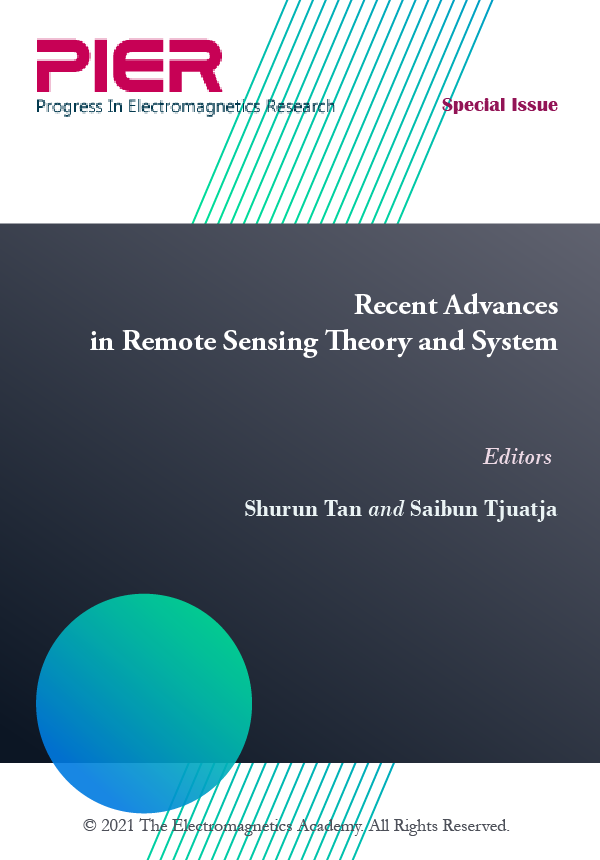FUNDAMENTAL IMPLICIT FDTD SCHEMES FOR COMPUTATIONAL ELECTROMAGNETICS AND EDUCATIONAL MOBILE APPS (INVITED REVIEW)
IF 9.3
1区 计算机科学
Q1 Physics and Astronomy
引用次数: 17
Abstract
This paper presents an overview and review of the fundamental implicit finite-difference time-domain (FDTD) schemes for computational electromagnetics (CEM) and educational mobile apps. The fundamental implicit FDTD schemes are unconditionally stable and feature the most concise update procedures with matrix-operator-free right-hand sides (RHS). We review the developments of fundamental implicit schemes, which are simpler and more efficient than all previous implicit schemes having RHS matrix operators. They constitute the basis of unification for many implicit schemes including classical ones, providing insights into their inter-relations along with simplifications, concise updates and efficient implementations. Based on the fundamental implicit schemes, further developments can be carried out more conveniently. Being the core CEM on mobile apps, the multiple one-dimensional (M1-D) FDTD methods are also reviewed. To simulate multiple transmission lines, stubs and coupled transmission lines efficiently, the M1-D explicit FDTD method as well as the unconditionally stable M1-D fundamental alternating direction implicit (FADI) FDTD and coupled line (CL) FDTD methods are discussed. With the unconditional stability of FADI methods, the simulations are fast-forwardable with enhanced efficiency. This is very useful for quick concept illustrations or phenomena demonstrations during interactive teaching and learning. Besides time domain, many frequency-domain methods are well-suited for further developments of useful mobile apps as well.用于计算电磁学和教育移动应用程序的基本隐式FDTD方案(邀请审查)
本文概述和回顾了计算电磁学(CEM)和教育移动应用程序的基本隐式时域有限差分(FDTD)方案。基本的隐式时域有限差分格式是无条件稳定的,并且具有最简洁的更新过程,其右侧无矩阵算子(RHS)。我们回顾了基本隐式格式的发展,这些隐式格式比以前所有具有RHS矩阵算子的隐式格式更简单,更有效。它们构成了包括经典方案在内的许多隐式方案统一的基础,提供了对其相互关系的见解,以及简化,简洁更新和有效实现。基于基本的隐式方案,可以更方便地进行进一步的开发。作为移动应用的核心CEM,本文还对多种一维时域有限差分方法进行了综述。为了有效地模拟多传输线、存根和耦合传输线,讨论了M1-D显式时域有限差分法以及无条件稳定的M1-D基互变方向隐式时域有限差分法和耦合线时域有限差分法。由于FADI方法具有无条件的稳定性,因此可以快速推进仿真,提高了仿真效率。这是非常有用的快速概念插图或现象演示在互动教学和学习。除了时域,许多频域方法也非常适合于有用的移动应用程序的进一步开发。
本文章由计算机程序翻译,如有差异,请以英文原文为准。
求助全文
约1分钟内获得全文
求助全文
来源期刊
CiteScore
7.20
自引率
3.00%
发文量
0
审稿时长
1.3 months
期刊介绍:
Progress In Electromagnetics Research (PIER) publishes peer-reviewed original and comprehensive articles on all aspects of electromagnetic theory and applications. This is an open access, on-line journal PIER (E-ISSN 1559-8985). It has been first published as a monograph series on Electromagnetic Waves (ISSN 1070-4698) in 1989. It is freely available to all readers via the Internet.

 求助内容:
求助内容: 应助结果提醒方式:
应助结果提醒方式:


